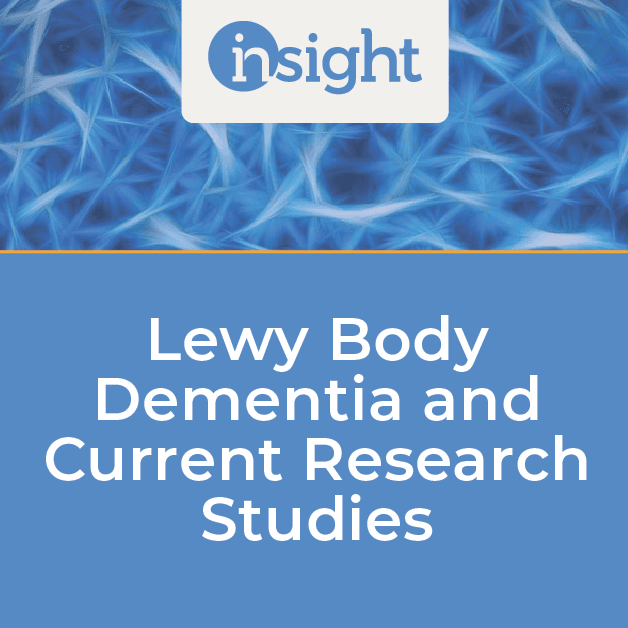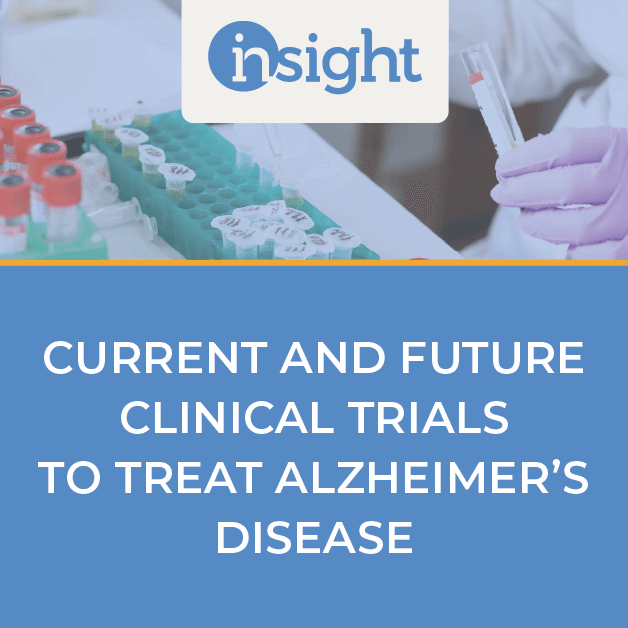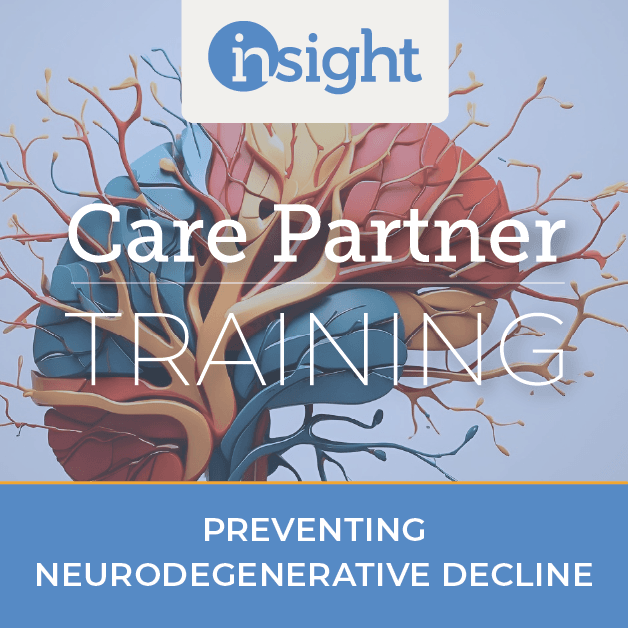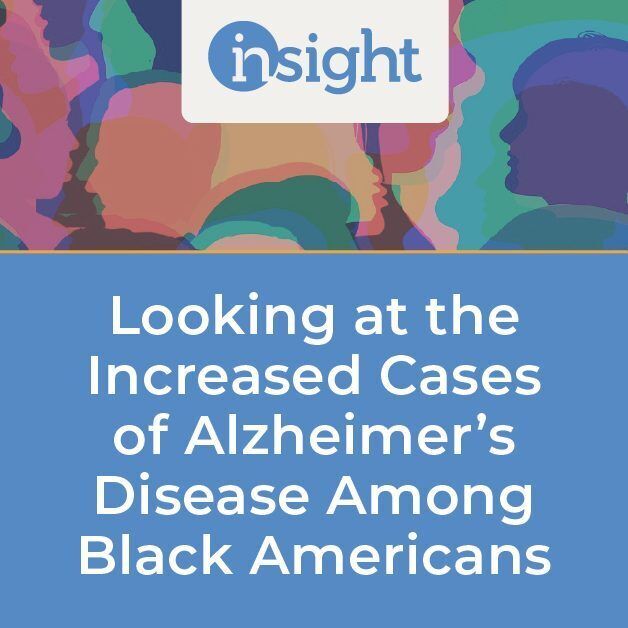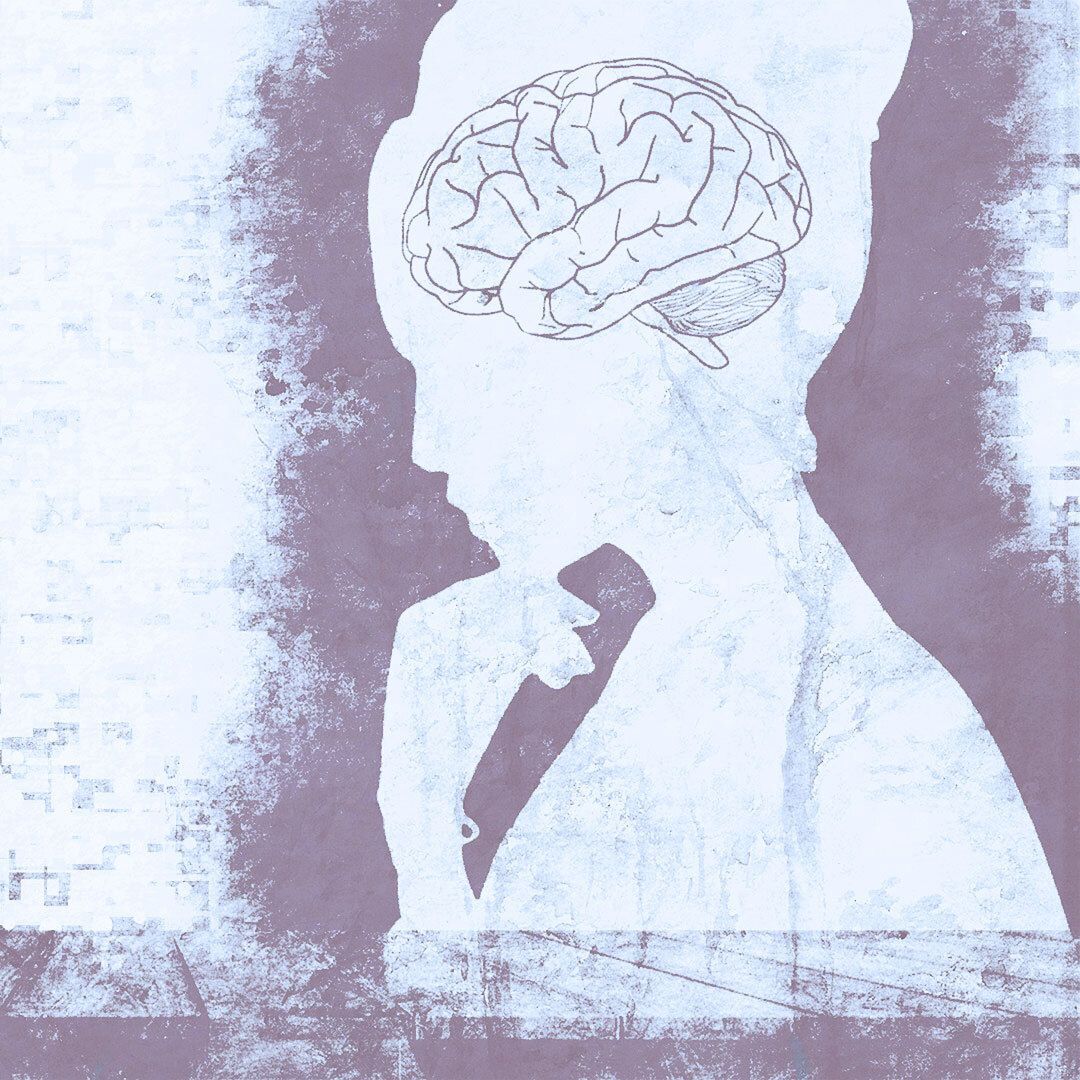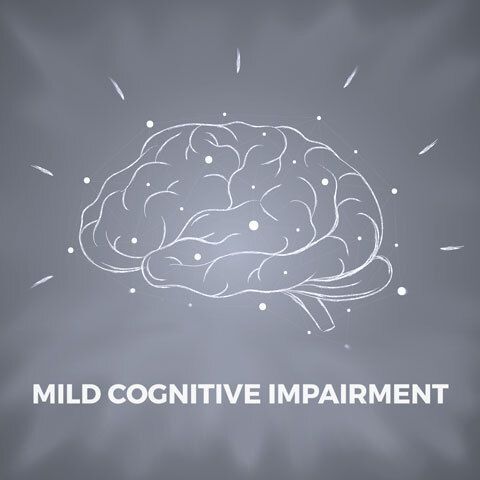Resources By Topic
Research
We are joined by the Lewy Body Dementia Association to discuss scientific breakthroughs that are speeding progress in LBD trials, and learn where to find out more if you or someone you know may be interested in volunteering for ongoing or future research studies.
In this discussion we explore the current landscape and future directions in Alzheimer’s disease research. We discuss recent breakthroughs in disease-modifying therapies, including anti-amyloid monoclonal antibodies, and examine advancements in treatments aimed at improving cognition and behavior. We also look at emerging areas and we cover challenges related to trial recruitment and diversity, and highlight the potential of innovative technologies to transform Alzheimer’s research and patient care.
Learn proactive measures to delay neurodegenerative decline, understand the stages of dementia, and explore practical tips for enhancing quality of life both before and after diagnosis.
Research indicates that Black Americans are significantly more likely to develop Alzheimer's disease compared to other racial groups in the United States, with studies showing they are roughly 1.5 to 2 times more likely to be diagnosed with the disease than white Americans. Let’s learn why together.
If you had a disease such as Alzheimer’s affecting your brain, would you want to know? If so, when would you want to know? If not, why not? Studies show us that this is a complicated question!
One of the most fascinating findings in studying human health and anatomy is how all of the systems in our body are inter-connected, and there have been recent studies done that have evidence to suggest that one of the most prominent connections is between our gut and our brain.
Have you heard the term “mild cognitive impairment?” If not, you are not alone. A recent survey of U.S. adults found that fewer than 1 in 5 Americans are familiar with mild cognitive impairment (MCI). Mild cognitive impairment is the stage between normal aging and dementia. While some cognitive changes are expected with age, individuals with MCI are experiencing more memory or thinking problems than other adults their age.
Have you ever considered your brain health could be related to what you are putting on your fork? There is evidence suggesting Alzheimer’s and other neurodegenerative diseases are highly influenced by diet, and are sometimes labeled Type 3 Diabetes. The mechanisms are elucidated in some research connecting diets high in sugar and processed food to inflammation which increases the risk of neurodegenerative diseases.
Researchers at the Johns Hopkins Center for Psychedelic and Consciousness Research in Baltimore, Maryland, are finding out! Scientists are studying the effects of psilocybin (a natural psychedelic found in some species of mushrooms) in people with depressed mood and a diagnosis of Early-Stage Alzheimer’s (AD) or Mild Cognitive Impairment (MCI).
Upcoming Classes
Looking for more information?
Contact Us!
Contact our Education Team at educate@insightmcc.org or 703-204-4664.




